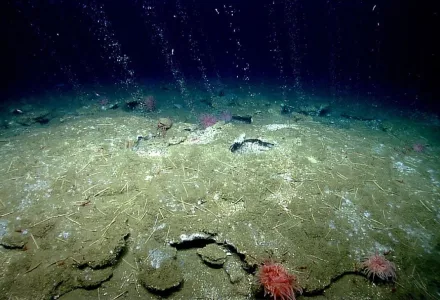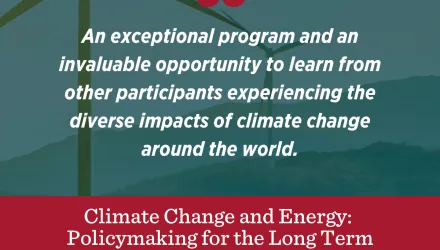
Summary
An analysis of the costs of climate change caused by adding one tonne of methane to the atmosphere finds that high-income regions of the world should spend much more on efforts to lower such emissions than should low-income regions.
Which efforts should we collectively undertake to decrease emissions of carbon dioxide, methane and other greenhouse gases? One answer is that any action aimed at decreasing such emissions should be taken if the cost involved is smaller than the social cost — the monetary value of future damage caused by letting the gas escape to the atmosphere. Writing in Nature, Errickson et al.1 report estimates of the social cost of methane emissions (SC-CH4), to which one of the main contributors is cattle farming. Their estimates are smaller than those adopted by the US government under the administration of then-president Barack Obama, even though they incorporate new, higher estimates of the warming effect of one tonne of methane. Much of the decrease is because the authors use a more sophisticated approach to calibrate their models to historical climate-system observations....
Hammitt, James K. "The Future Costs of Methane Emission." Nature, 592, (2021): 514–515





